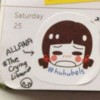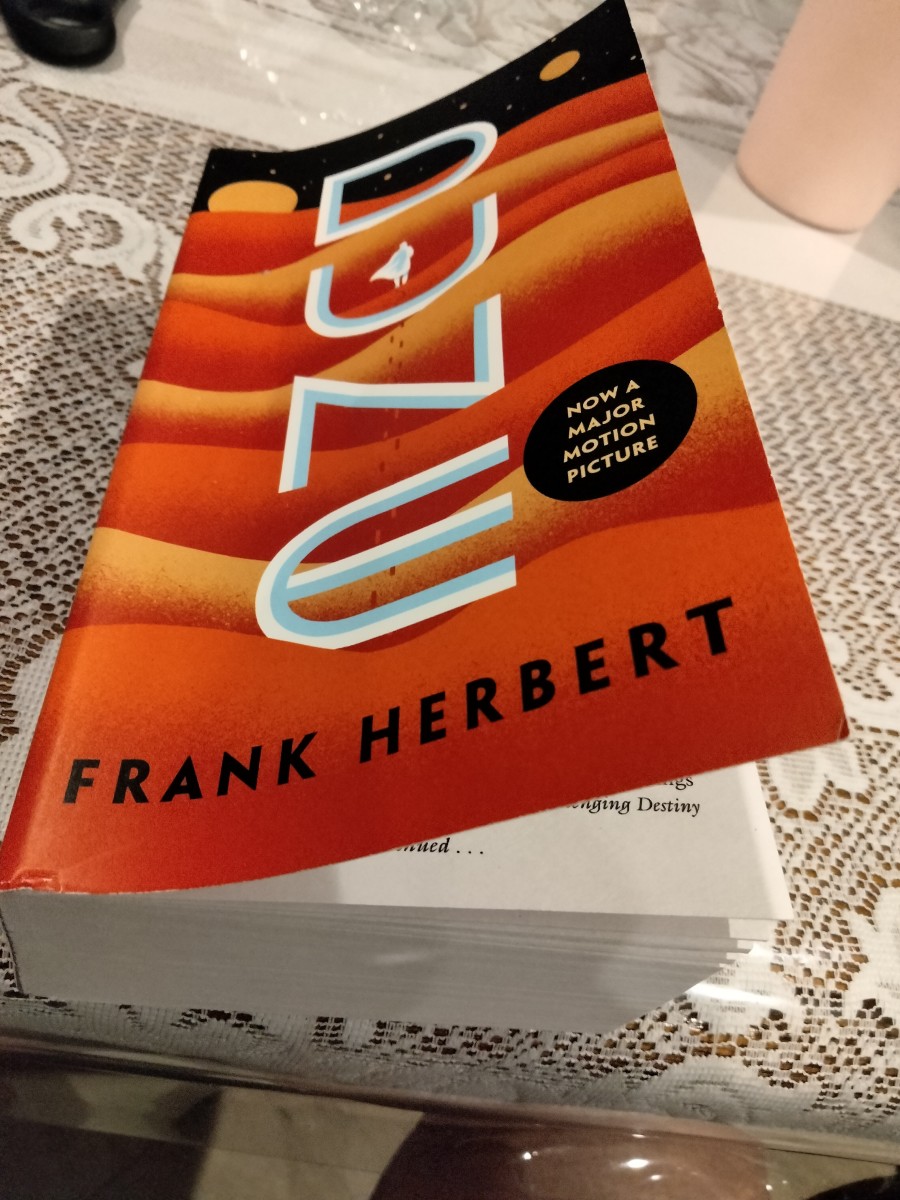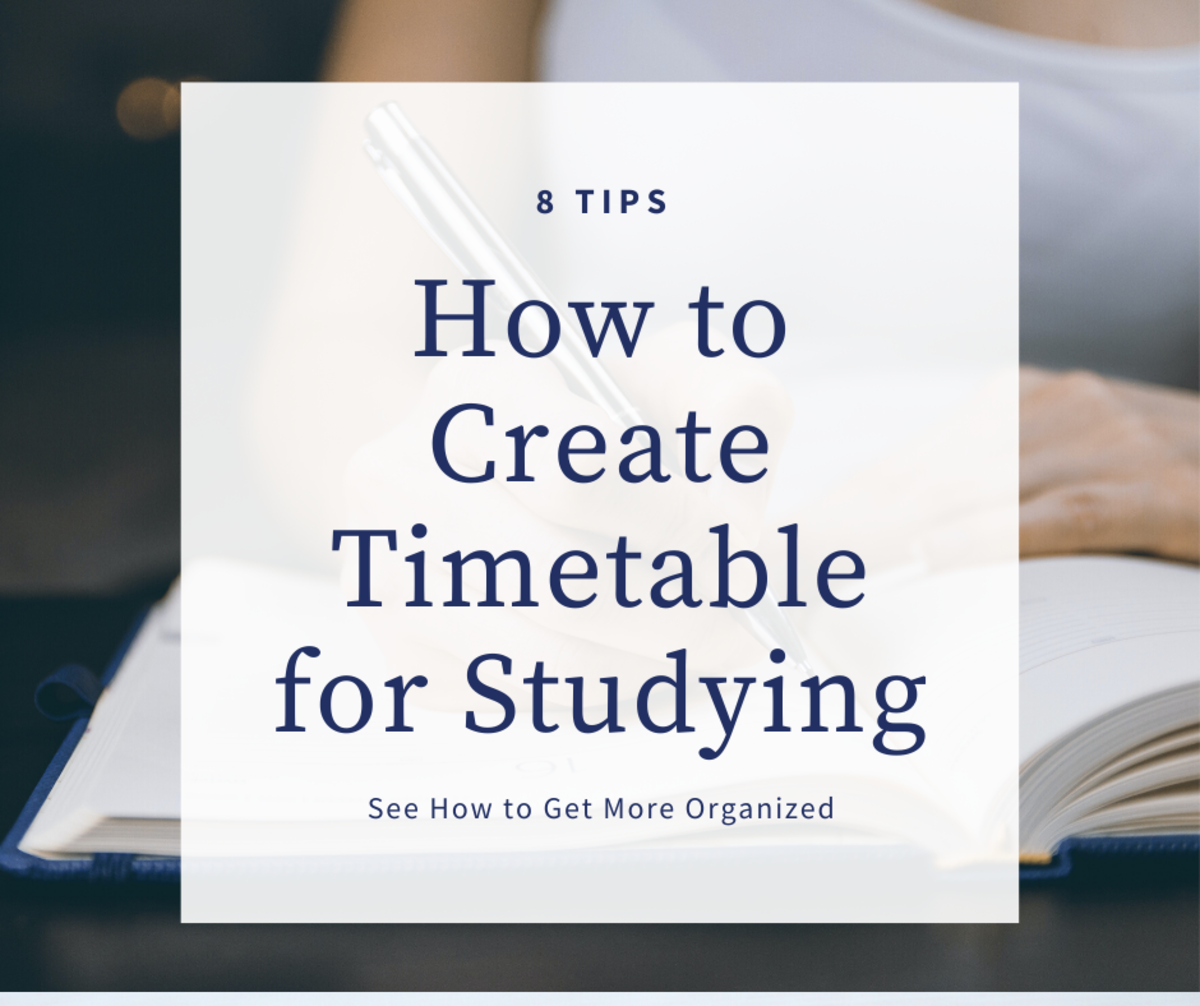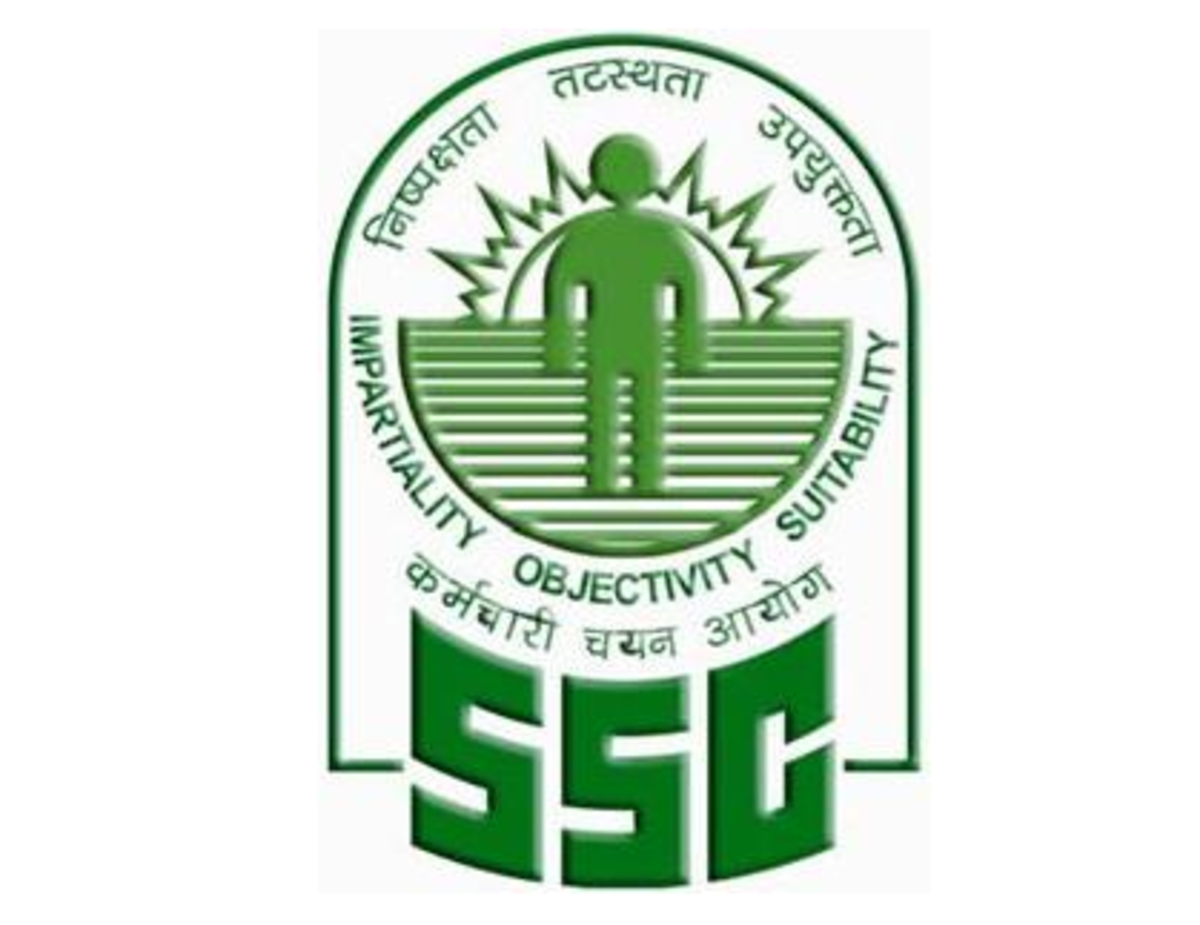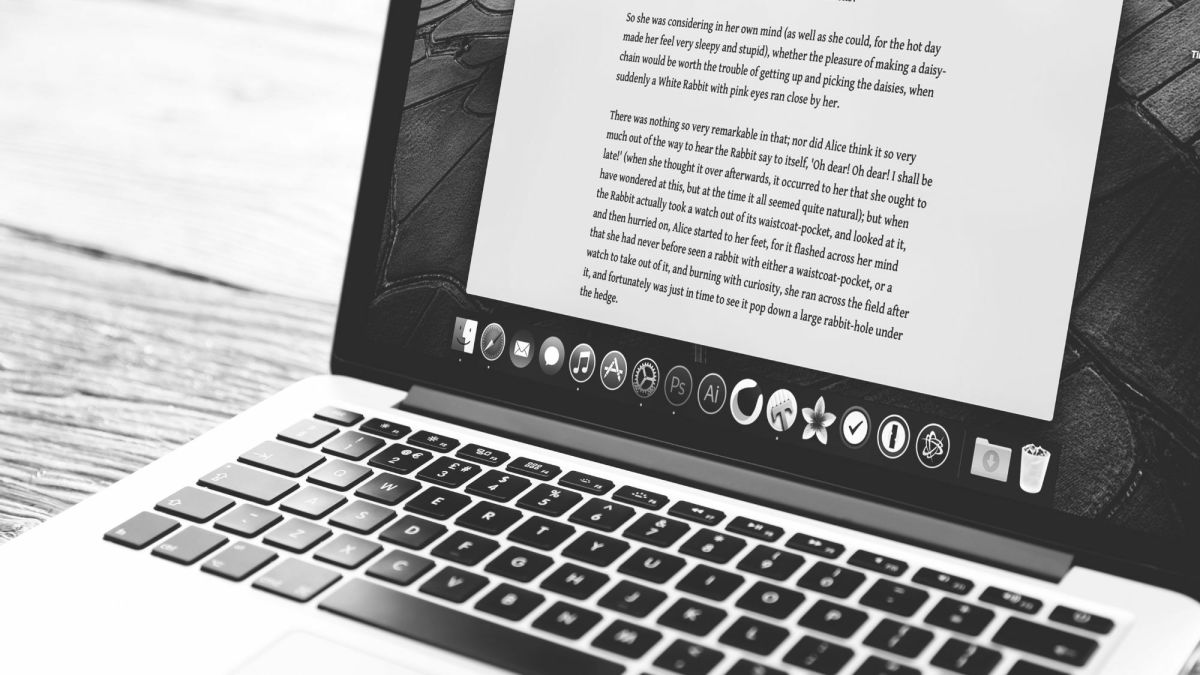Studying techniques for the Board exam
These are my recommended studying techniques for the board exam, the licensure exams for professionals in the Philippines. I topped the exam for librarians last 2015, but these tips can also apply to other professional licensure exams.
How to be good at studying boils down to this: finding the method that works best for you and using that. In my opinion, most successful students don’t work ‘hard’ at studying, they work ’smart’ - they find the style most efficient for them, thus they don’t have to spend a lot of time studying. But don’t feel bad or compare your studying style to others if you are a bit slower - you can overcome these by effort. Your studying style is unique, and you must experiment with what works for you.
I learn best by writing, so this method served me well in college: listen to lectures and take notes, read books and take notes. When there are readings to study, I read them first from beginning to end, then the second reading is highlighting and underlining the important points, then the third reading is rewriting them in my own words. These shorter notes are what I use in study sessions. This method may look intensive but it actually saves me time. By going over the text many times, I am imprinting them in my memory. By writing the concepts in my own words, my understanding and memory is strengthened. The book that I recommend on studying is How to Study by George Fillmore Swain, its a short read and free on Project Gutenberg.
Though, the board exam is a unique test and presents its own challenges. I recommend Mila M. Ramos pamphlet, Facing the Librarian’s Licensure Examination Challenge (2014). According to her, the exam only tests basic entry level practice for librarianship so its enough to familiarize yourself with the basics. In my review, I spent time memorizing a lot of laws, LC, and DDC, but to my surprise, only few questions got out and they were the very basics! So its pretty ‘dangerous’ to just memorize, especially if you memorize things that will not go out of the exam anyway. Understanding is the key, because there will be many situational items where your decision-making will be tested.
If you are attending a review class, listen first, leave the notes for later, try to concentrate on the lecture (even if it can be difficult during the afternoon when you want to sleep). Highlight the text later, within 24 hours after the lecture. My method is reading the text, highlighting the important keywords (yellow for names, orange for dates or time periods, pink for book titles, green for general keywords to remember), underlining the brief explanation. I do this so when I review the notes again, I only read the highlighted and underlined things. Revisit the notes frequently, by intervals, so to increase your memory and retention.
If you find it hard to remember names, then associate it to a person you know. Me and my roommate used this a lot. The personages in Management and Cataloging, we used their names as nicknames for people we know. For example, there was a person named Fred Fiedler, about contingency management, there’s a dog named Fred in our boarding house and we called him by the name of the theorist and associated qualities of the concept to Fred the dog. I search the person on the net to find out about his life.
There is no such thing as being too early or alert when preparing your documents for PRC application. Constantly check schedules and announcements on their website. Be informed.
Also, while you’re on the internet, don’t just browse social networking websites. Subscribe to news sites about librarianship and find out about the latest trends. Don’t simply rely on your handouts, reviewers, and practice exams. Some questions were not tackled in the review, but fortunately I was aware of them because I read them on the net but never did I imagine they would go out of the exam. Even questions about Google Books and Second Life came out! Sometimes all those wasted hours on the internet have their advantages.
Make use of technology. Most of us now have smart phones and tablets and make use of the versatility of these devices. I have an iPad mini given to me as a gift, and I downloaded useful apps such as flashcards, voice recorders, and even brain training games such as Memorado and Luminousity (they help in keeping your mind alert). The apps I found most useful in my review are:
- Documents. I didn’t bring all my papers from Iloilo City but just placed the readings here to save space and weight in your luggage.
- Evernote. The web clipper is very useful when you’re browsing the net and you need to save the pages easily. I save biographies of notable librarians and their contributions.
Also, research review sources on the net. I still read and viewed online classes on the subjects I was studying on.
Last word: in your review, listen to other people’s suggestions, especially from those who have already passed the exam. But their style isn’t your style. Thank them for their good intentions, but do what you know is best for yourself. During my review, people said not to attend the regular review in UP because its expensive, people asking if I was already going crazy from all the studying because I didn’t have a job during the longer part of my review. These comments will eat away at your mind but don’t let them. Focus. Remember, if you pass the exam no one can say anything anymore. Not to brag, but when I topped the exam, had someone said those things again? No. Sometimes these light mocking of my serious effort can make me feel bad. But keep on! When your medal comes they’d rejoice for you and your school anyway!
Remember: the board exam isn’t hard. You just have to want to pass and direct all your effort and resources to attaining that goal. What’s harder is the real exam that comes after in the real world of librarianship. I am having a lot of challenges in my job as a librarian now. Topping the exam doesn’t mean anything in the long run if you don’t take the initiative to improve yourself and help the profession.
